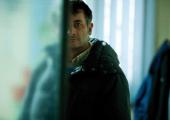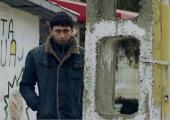Child's Pose

Out-of-control mother love in fraught Romanian family drama
Cornelia is 60 and increasingly frustrated with her 34-year-old son, Barbu. He doesn’t communicate with her, she doesn’t approve of his girlfriend and the way he leads his life. Convinced she has to take command of her immature son, she’s suddenly presented with an opportunity to exert control. The release of the Romanian film Child’s Pose in the same week as Gloria – the Chilean story of a 58-year-old woman making the most of life – is uncanny, as each offers a wildly different take on similar raw materials.








